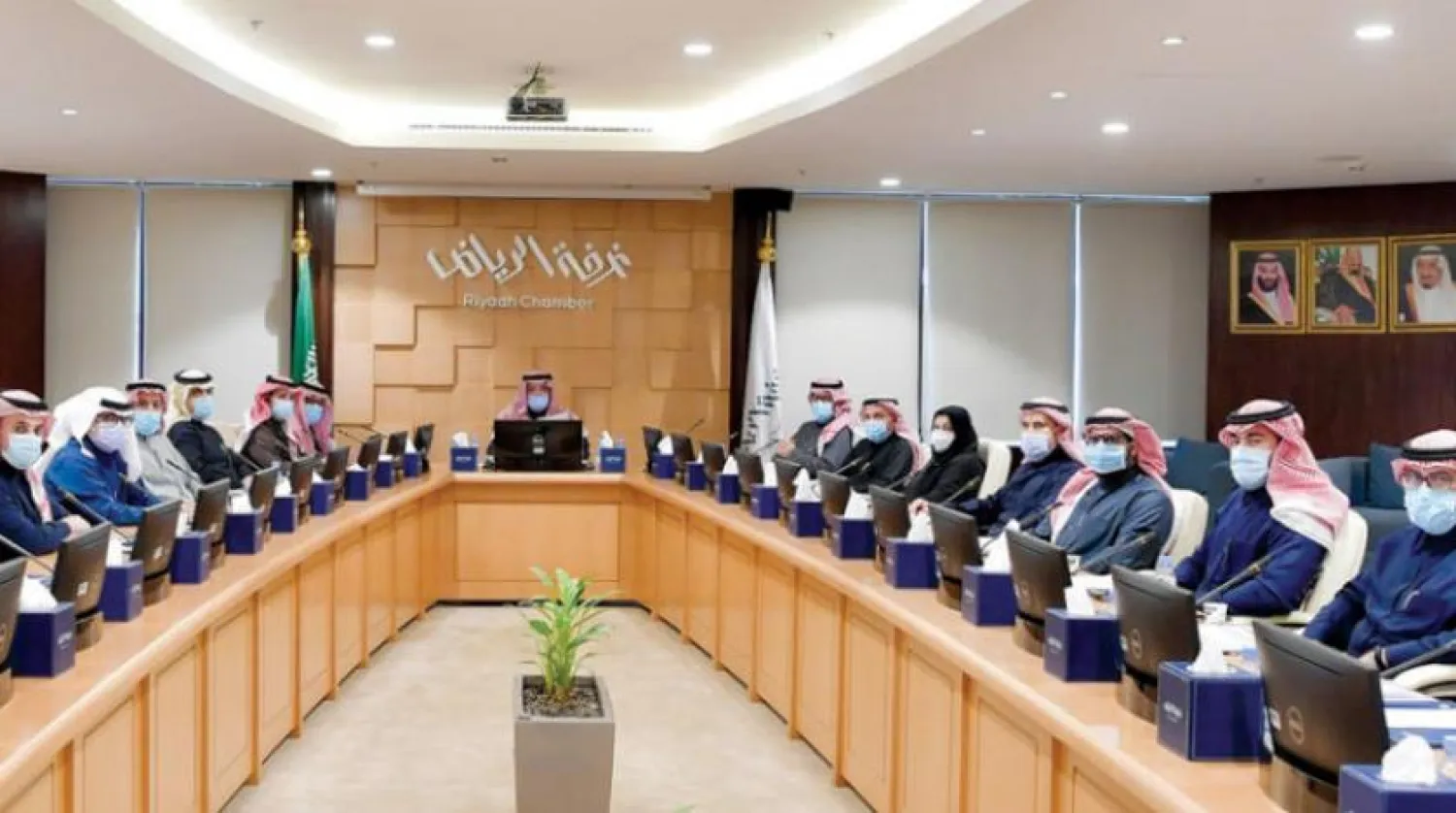The Riyadh Chamber of Commerce and Industry has identified six main ways to address in the industrial sector, mainly issues related to finance, exports, legislation and local content.
In remarks to Asharq Al-Awsat, the chairman of the Industrial Committee, Abdulaziz Al-Duailej, said that working groups were formed to set a road map and a work program, adding that a workshop was held on Monday to discuss means to develop the industrial sector in a number of targeted fields.
He noted that attention was focused on addressing financing and exports issues, including financial support for factories facing economic difficulties, in addition to activating programs provided by governmental and semi-governmental funds and institutions and encouraging trade exchange with countries that have commercial relations with the Kingdom.
For his part, member of the Saudi Shura Council, Fadl Al-Buainain, told Asharq Al-Awsat that despite the coronavirus pandemic, the Ministry of Industry figures growth rate of factories increased by 9 percent during the period extending from Sept. 2019 till Sept. 2020.
The total volume of investments in the industrial sector jumped to one trillion riyals, an increase of 7 percent, which gives reason for optimism for the future growth in 2021, according to Buainain.
He noted in this regard that the Ministry of Industry’s strategy focuses on localization, enhancing local content and creating more jobs.
The industrial sector today needs a national strategy for the manufacturing industries, which is the most important element to diversify the sector and increase its size, he emphasized.
Monday’s workshop, which was organized by the Riyadh Chamber, reviewed strategic matters for the industrial sector, mainly the productivity program, the establishment of the National Center for Industrial Information and other objectives that fall within the goals of Saudi Vision 2030.









